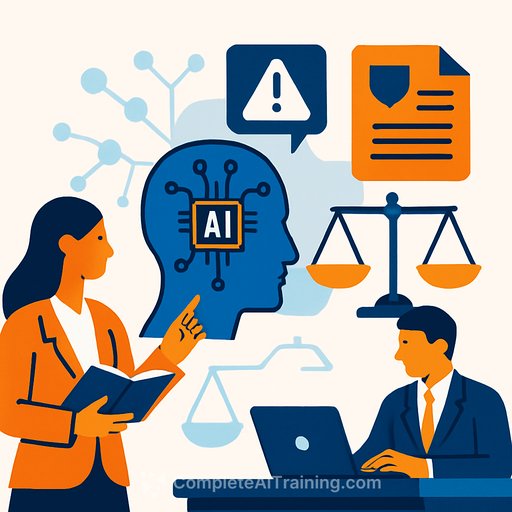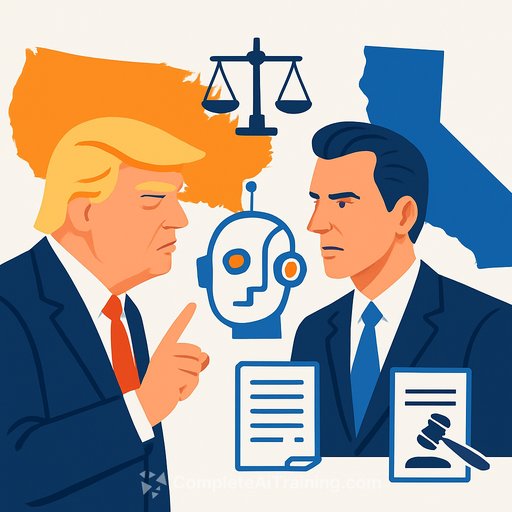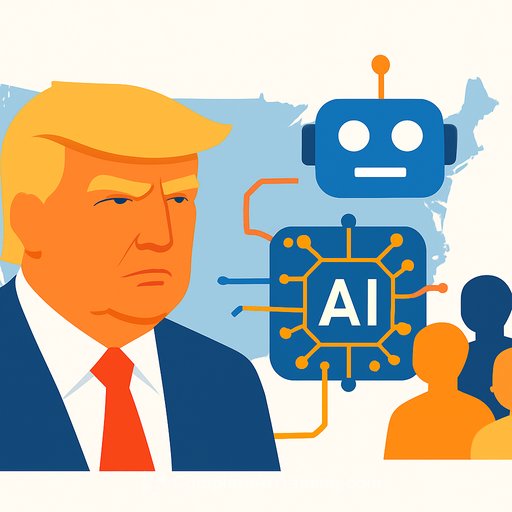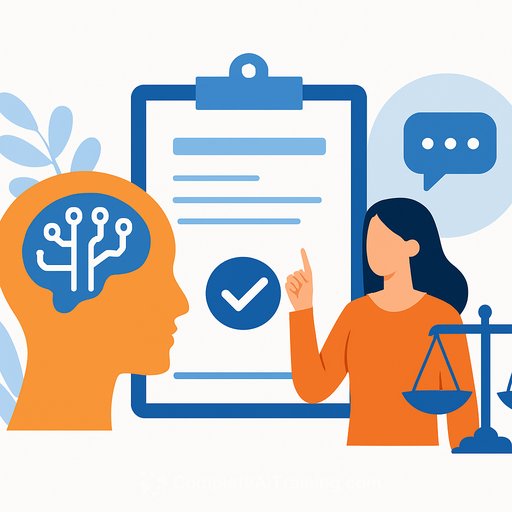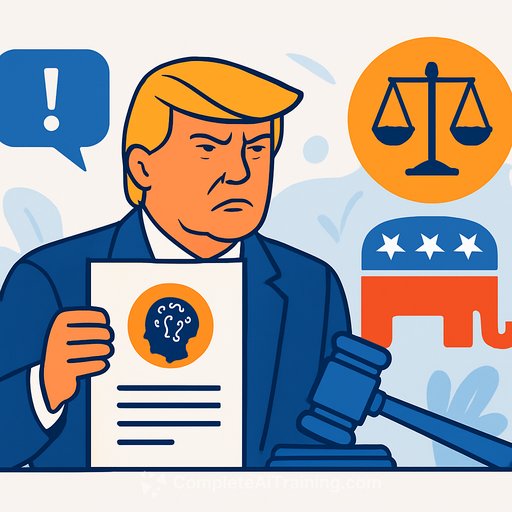AI Is Reshaping Legal Practice Beyond Tools
AI isn’t just entering law offices; it’s challenging the entire legal approach. In a field rooted in precedent, AI is creating a new one. Legal professionals are adopting AI “copilots” and other tools, fueled by a surge in AI legal startups. In 2024, legal-tech startups raised nearly $5 billion, with AI as a major driver.
One standout is Harvey, which raised $300 million in June at a $5 billion valuation, just months after a $300 million raise at $3 billion. Harvey also partnered with LexisNexis to integrate core legal research tools. Shortly after, Clio acquired AI legal research company vLex for $1 billion, a move expected to reshape legal technology.
The AI transformation in legal work is underway, but widespread adoption still faces hurdles. According to legal analyst Jordan Furlong, lawyers want clear proof of AI’s capabilities and safety before embracing it fully. He predicts mainstream use within a couple of years, if not sooner.
How Legal Professionals Use AI Now
Troutman Pepper Locke, an international law firm, employs several AI tools including Thomson Reuters’ AI suite and an internal AI assistant named Athena, built on GPT-4. Athena helps with drafting client correspondence and answering internal questions, handling about 3,000 prompts daily.
This approach mirrors what many AI startups offer. Filevine, for example, provides AI tools for deposition analysis, case validation, and research summarization. Its most popular feature is Chat With Your Case, a copilot that assists with various legal tasks. CEO Ryan Anderson expects these copilots to be routine in lawyers’ work within two years.
Athena is also used for larger projects like Troutman Pepper Locke’s recent merger. The AI helped update bios for 1,600 attorneys quickly, saving $200,000 and months of manual effort. AI is especially useful for backend administrative tasks, which are lower risk and high impact. Athena also supports integration by answering staff questions about billing and IT, speeding up transitions.
The Legal Industry’s Shifting Landscape
Furlong notes many tasks traditionally done by lawyers will soon be partly or fully automated. AI offers lawyers a chance to rethink their roles and services. Workdays will look different, but the implications go beyond workflow changes.
AI tools could extend legal help to people who can’t afford lawyers, improving access but potentially overwhelming courts already under stress. Furlong also warns about risks if governments replace courts with AI decision-makers, given biases in AI algorithms.
The European Union’s AI Act classifies AI systems used for judicial purposes as “high risk.” The United Nations also highlights risks to the “Right to Equality Before the Law” due to automated decision-making and discrimination facilitated by AI.
Challenges: Hallucinations and AI-Generated Evidence
Two major concerns are AI hallucinations—false or fabricated information—and AI-generated evidence. The American Bar Association (ABA) warns about deepfakes and fabricated evidence that can threaten legal trust. Defendants might claim evidence is AI-manipulated, complicating proceedings.
Furlong calls fake evidence a major worry without clear solutions. The ABA states no universal fix exists yet.
Hallucinations have caused real consequences. Two New York lawyers were sanctioned for submitting briefs with fictitious cases generated by ChatGPT. Research shows even leading legal AI tools hallucinate about 1 in 6 times. The industry is addressing this by requiring AI tools to cite sources, placing the responsibility for verification on lawyers.
Looking Ahead
AI’s impact on legal work is both exciting and risky. If handled well, AI could enable new ways to serve clients and improve efficiency. But the legal community must remain vigilant about accuracy, bias, and ethical use to maintain trust in the justice system.
- Adopt AI tools cautiously, focusing on administrative tasks first
- Verify AI-generated information thoroughly
- Stay informed about regulations like the EU AI Act
- Consider AI’s role in expanding access while managing system capacity
Legal professionals who understand and manage AI’s risks and benefits will be best positioned for the changes ahead.
Your membership also unlocks:

